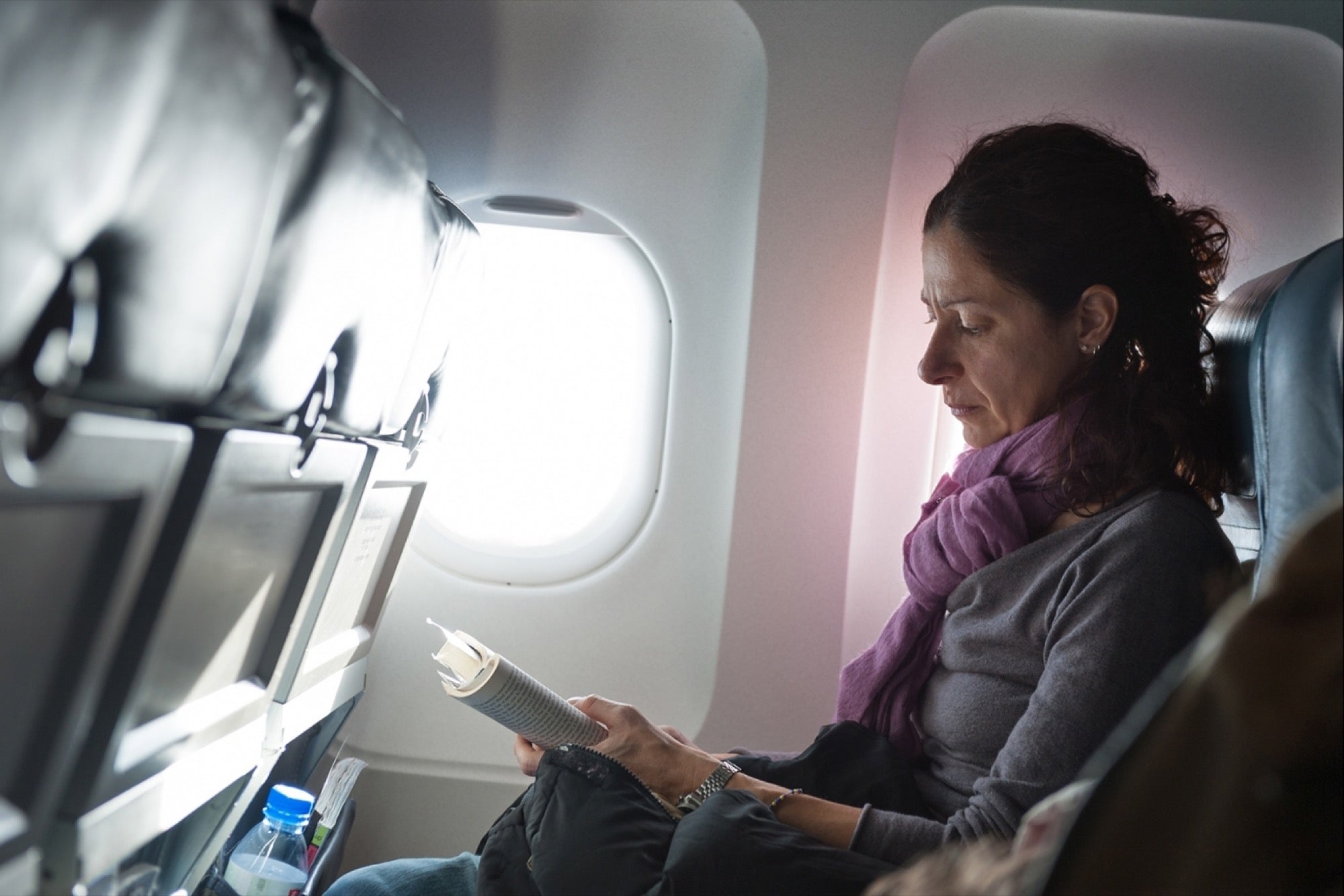Solutions for 5 Biggest Problem Areas in Business Travel Business travel in India will continue to grow to become the 5th largest market in the world by 2022
Opinions expressed by Entrepreneur contributors are their own.
You're reading Entrepreneur India, an international franchise of Entrepreneur Media.

The purpose of business travel is to conduct business for your company in the most productive way. No matter how many times one has travelled planning a business trip is stressful and time-consuming, especially if your company is not using the right tools. Often you are balancing between what you need and what your company prescribes.
Relationship with the Traveller
The relationship between a company and its traveller i.e. employee is key to having a productive business trip. Yet companies are blindsided when it comes to managing their traveller. Policies or Guidelines are created to control cost and seldom address the issues of a traveller like comfort, convenience and well-being.
Even though companies are focusing on automating their travel process, the underlying disconnect with the traveller needs still lingers. This is evident in how a traveller is left wanting for a better trip experience.
Business travel in India will continue to grow to become the 5th largest market in the world by 2022. It will also have the youngest working population. The millennials are very different to the previous generations. It is important for companies to understand their behaviours and address their needs.
So Where Does a Company Begin?
There are three distinct phases of a business, i.e. the pre-trip, in-trip and post-trip, of a business trip. Let's, break-down the five challenges for a traveller and how to overcome them
Planning
Most companies in India still use email to communicate and plan their travel. In addition to this, they visit multiple websites for researching and planning their trip. This kind of fragmented planning consumes a lot of time and does not save money or optimise the cost of travel (sum of parts is not equal to or less than the whole).
Companies should emphasis on door-2-door i.e. total trip planning. There are tools available in the market which allows you to plan and book all the components of the product in an integrated way.
Personalisation
Travellers look for ways to make their trip comfortable and productive. Travellers share their preferences on an ad-hoc basis with the service provider and in many cases, they are not captured by the company.
Capturing a detailed profile of the traveller helps in the segmentation of the policy. It also helps in providing only a few option that has the right balance of comfort and compliance.
Pre-trip Approvals
Most companies in India have a pre-trip approval process. This is to ensure that some degree of compliance is achieved before the trip is finalised. Since planning is fragmented, trip requests sent for approval do not contain all the necessary information for approval. This makes it difficult to automate the approval process.
Including a real-time total trip cost (fare cap) and ensuring that all trip request has recommendations for alternatives and similar options help in automating the approval process within a booking tool. It also cuts down the back and forth communication between the traveller and the company.
Communication
The travellers need help in alleviating the stress and difficulties they come across with their journey. From advice during travel disruptions to giving alerts on risk, travellers need a way to communicate with the company at all times. Using chatbots for communication gives the traveller the necessary support system. Chatbots can also be used for educating the travellers with the company policy during the trip.
Reporting & feedback
To maintain a healthy relationship with the travellers, companies need to continuously review to gauge the gaps that disconnect the travellers with its existing guidelines.
Travellers are the best provider of field-level data. By engaging them to share companies can tap into their collective knowledge to buy smarter.
Analysing the spend from a traveller preference will highlight the disconnects in the policy which can be used a feedback for segmentation of travellers.
New type of solutions
The solutions suggested is designed based on a new set of tools that are driven by data analytics and machine learning. But before companies look for such tools to overcome their challenges they need to take a fresh and critical look at their existing travel program from a traveller perspective.










